Cancer Is the Second Biggest Killer
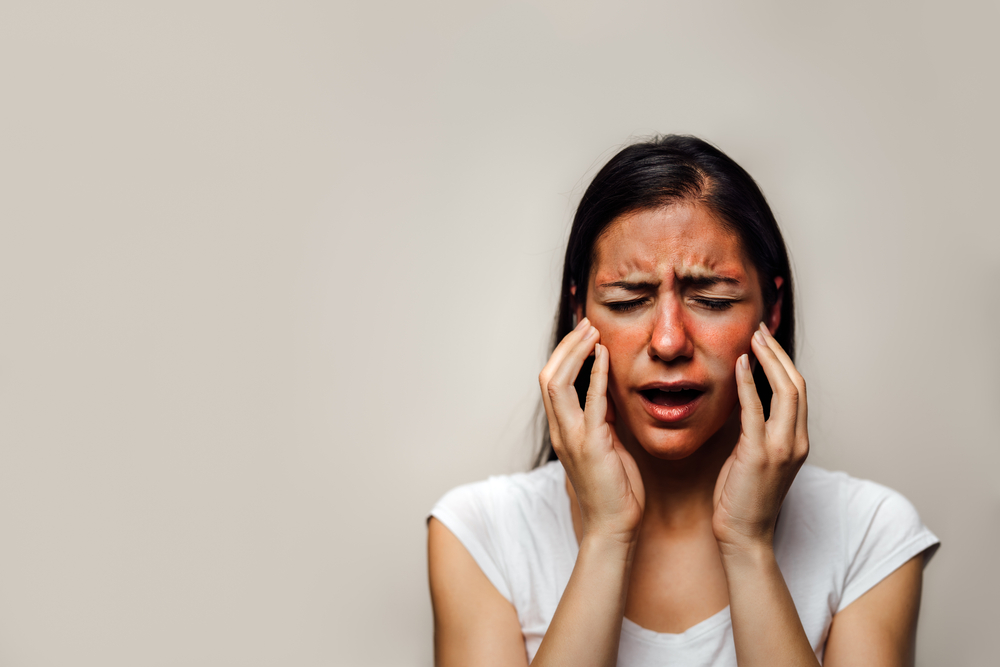
Alarmingly, the Centers for Disease Control and Prevention (CDC) reported that in 2022 around 1,670 people died every day from cancer in the US according to an article in the NY Post. Cancer is the second leading cause of death after heart disease and what you need to know is researchers for the American Cancer Society (ACS) have stated that 4 in 10 cases and almost half of deaths in adults 30 and over may have been prevented by lifestyle changes. Ahead: 15 bad lifestyle habits that could be increasing your cancer risk.
1. Sun Damage
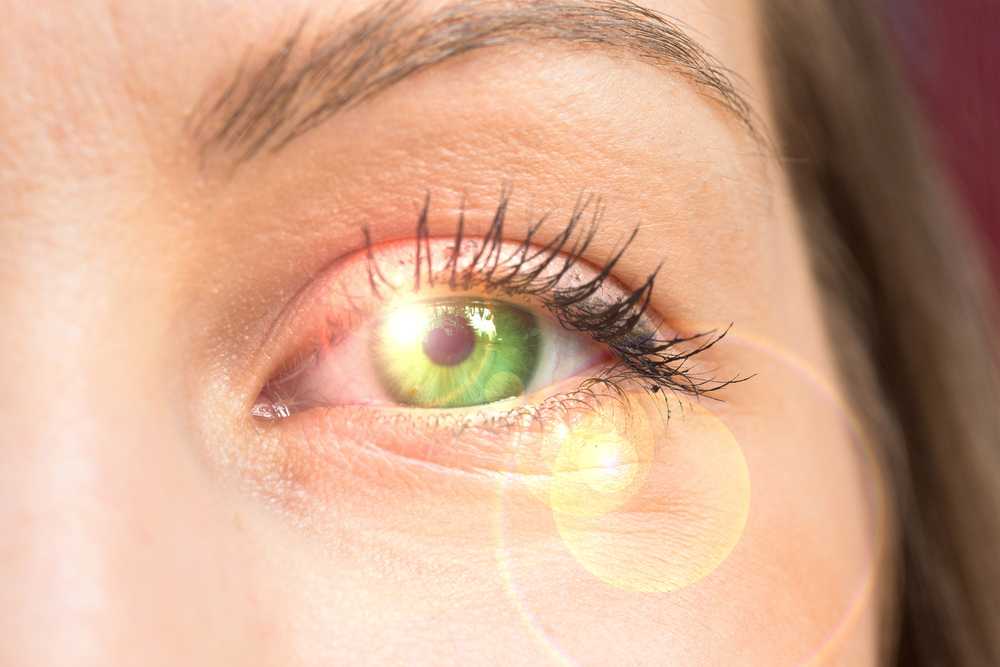
Exposing your skin to the sun’s harsh ultraviolet rays damages the DNA in the skin cells triggering premature aging and increasing your risk of skin cancer. “Always apply SPF 30 every day regardless of the weather to help prevent sun cancer, ” says Dr. Carole Hazan, dermatologist, skin surgeon, and skin cancer expert.
2. Stop Smoking Now
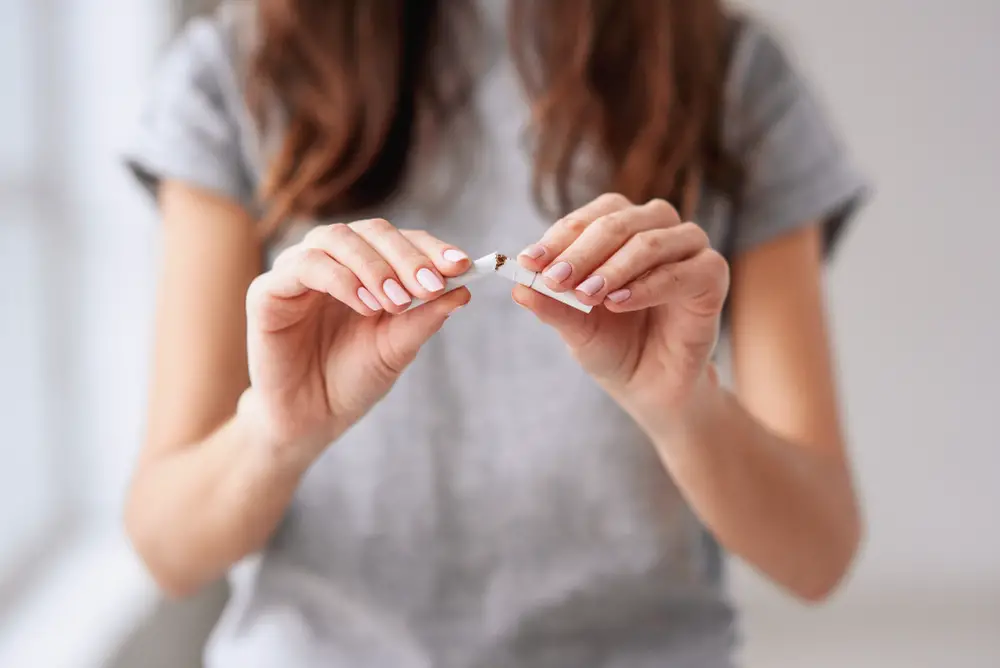
We don’t yet know what harm vaping may be doing to our health, but smoking cigarettes is the worst cancer-causing culprit. According to the latest research by the American Cancer Society (ACS), smoking is responsible for 56 percent of cancers in men, 39.9 percent in women, and 30 percent of all cancer-related deaths. For support on how to quit smoking visit the CDC’s Tips resource page.
3. Alcohol Misuse

The harsh reality is there is no safe amount of alcohol you can drink if you want to avoid a cancer risk. According to a report published in The New England Journal of Medicine giving up alcoholic drinks altogether reduces your risk of oral or esophageal cancer and liver disease. Join the sober movement.
4. Too Much Red Meat

There is evidence to support a link between eating red meat and colorectal, pancreatic, and prostate cancer. Red meat contains heme iron, a molecular component of hemoglobin, which can trigger the production of potentially carcinogenic [cancer-causing] chemicals in the body. It’s best to reduce red meat consumption to three small portions per week according to recommendations from the World Cancer Research Fund (WCRF).
5. Being Overweight

Eat a balanced diet to maintain a healthy body weight. If you’re overweight, obese, or live off a diet of unhealthy fats, excess sugar, and processed foods you are at increased risk of 13 types of cancer including breast, prostate, pancreatic, liver, and bowel. Having too much body fat increases growth hormone levels which causes the cells to divide more often raising the chance of cancer cells developing.
6. Constant Stress

When you are constantly stressed your body releases more of the cortisol hormone which breaks down collagen prematuring aging skin and wears the body down at a cellular level. Stress hormones also weaken the immune system and cause the body to overproduce NETs (neutrophil extracellular traps) which defend the body against microorganisms but in excess can create an environment that helps cancer spread faster.
7. Skipping Medical Check-Ups

It’s crucial to have regular medical checkups and health screenings to prevent and detect cancer—breast, cervical, and colorectal are most treatable when discovered early. Cervical cancer is preventable via the HPV vaccine and skin melanomas are highly treatable if detected early so have regular skin cancer screenings and see a doctor if you notice anything unusual.
8. Not Enough Exercise

Exercising regularly improves your physical and mental health and the CDD recommends adults walk at least 10,000 steps (or five miles) per day. A lack of physical activity can lead to obesity and an increased risk of heart disease and cancer. Exercise helps regulate growth factor hormones and estrogen, reduces inflammation in the body, strengthens the immune system, and improves digestion which is important for bowel health.
9. Sleep Issues

It’s important to maintain good sleep habits as chronic sleep deprivation can speed up aging, negatively impact your mental health, and increase your risk of cognitive decline and chronic diseases. A lack of sleep disrupts the body’s circadian rhythms throwing cancer-impacting hormones like melatonin and cortisol out of balance. Not getting enough shut-eye can also trigger inflammation, damage immune function, and inhibit DNA repair, which can all lead to cancer.
10. Nature Deficit Disorder

In the tech-obsessed 21st century we spend far too much time on screens and doom-scrolling and not enough time outdoors and in nature. There is growing evidence among the scientific community that nature-deficit disorder (NDD) causes higher stress levels, obesity, attention difficulties, and increased rates of emotional and physical illnesses. NDD contributes to a sedentary lifestyle, hormone imbalances, poor quality sleep, and oxidative stress which put you at an increased risk of cancer.
11. Synthetic Fragrances

Synthetic fragrances are often added to perfume, skincare, body moisturizers, hair care, and deodorant, and contain hundreds of harmful chemicals. When toxic chemicals are absorbed into the body through the skin they can cause skin irritation, dermatitis, respiratory issues, inflammation, and disrupt hormones increasing your cancer risk.
12. Makeup Warning
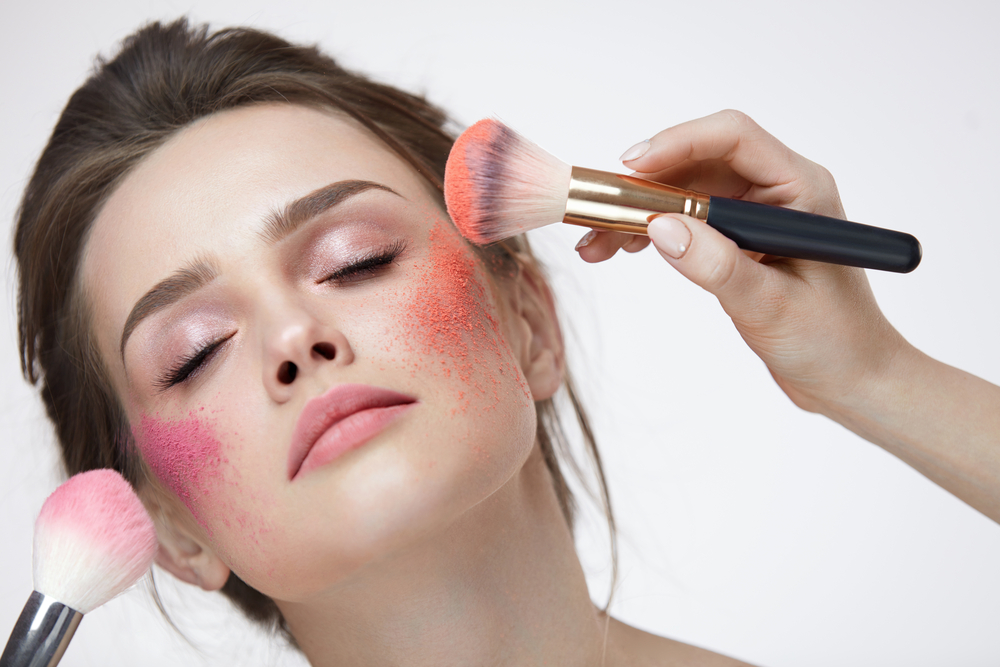
Some makeup products contain synthetic colors to make them more visually appealing. Often listed as FD&C or D&C followed by a number in the ingredients list, they have been linked to cancer. When absorbed into the skin they also upset the natural oil balance causing irritation, blocked pores, inflammation, and serious skin conditions like rosacea, acne, and dermatitis. Also, be on high alert for PEGs, used as thickeners, solvents, and softeners in lipstick and mascara as they are also linked to cancer.
13. Toxic Skincare
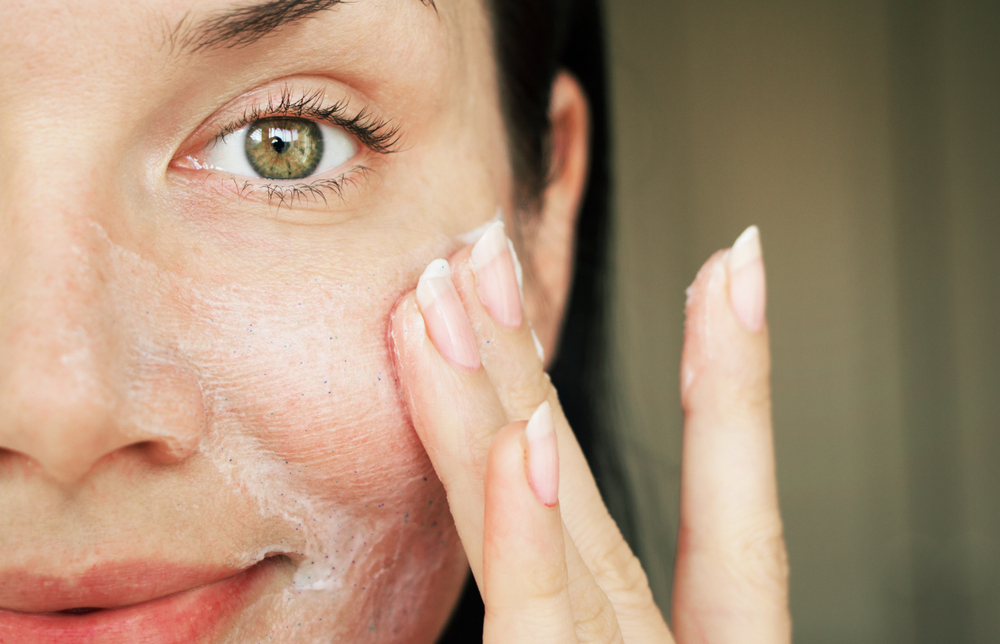
The clean beauty and skincare movement has exploded for good reason. Many skincare and cosmetic products contain some of the following toxic chemicals that are harmful to the skin and have cancer links. Parabens: A chemical that disrupts hormone function as it mimics estrogen has been linked to breast cancer. Triclosan: An antibacterial agent and toxic solvent. Hydroquinone: A chemical compound used in skin-lightening products. Butylated Hydroxyanisole (BHA): A nasty chemical used as a preservative that causes organ-system toxicity.
14. Chemical Haircare

Shampoo, conditioner, and hair styling products can contain phthalates (DEP), to make the scent last and soften plastics. This chemical interferes with hormone function and can lead to the development of reproductive issues and cancer. Also on the steer-clear list is sodium lauryl sulfate (SLS) used to create lather in shampoo and formaldehyde, a known carcinogen, used as a preservative to prevent bacteria in hair styling products.
15. Sugar Overload

Eating too much sugar and processed meats has a major impact on our gut microbiome. A high-sugar, high-fat diet can upset the healthy bacteria in our gut triggering inflammation, and increasing the risk of obesity, diabetes, and the development of cancer.




